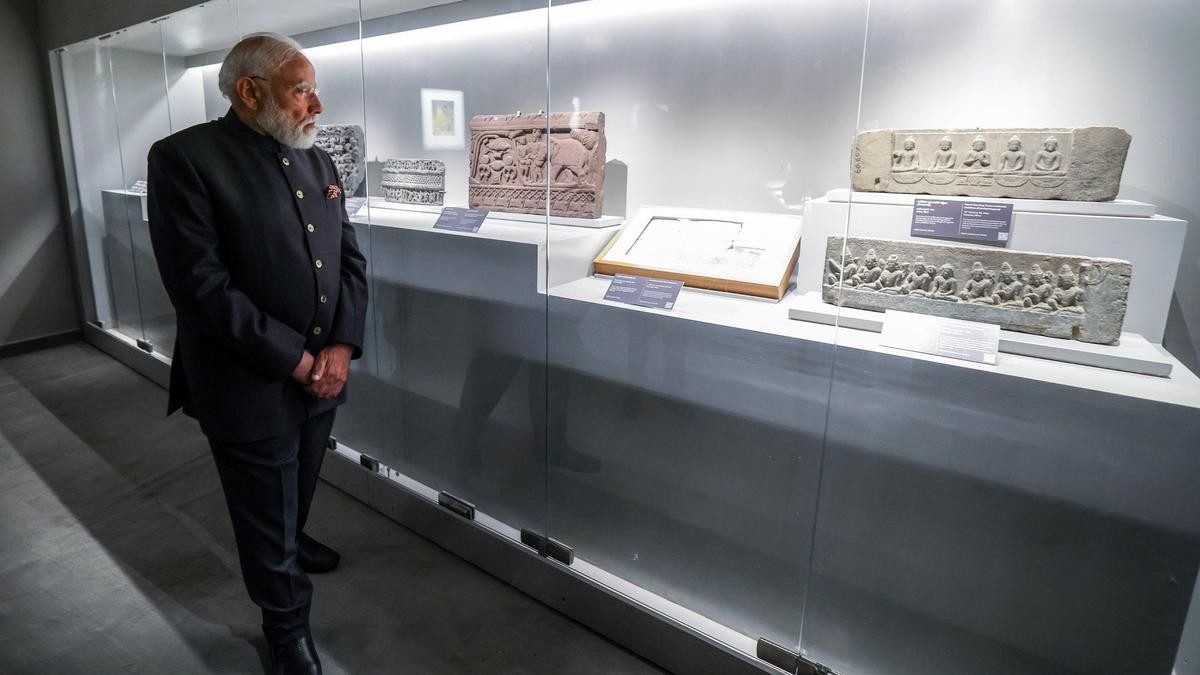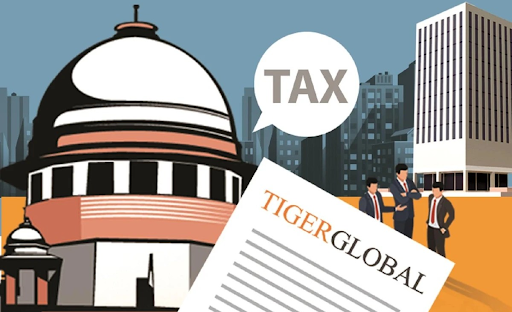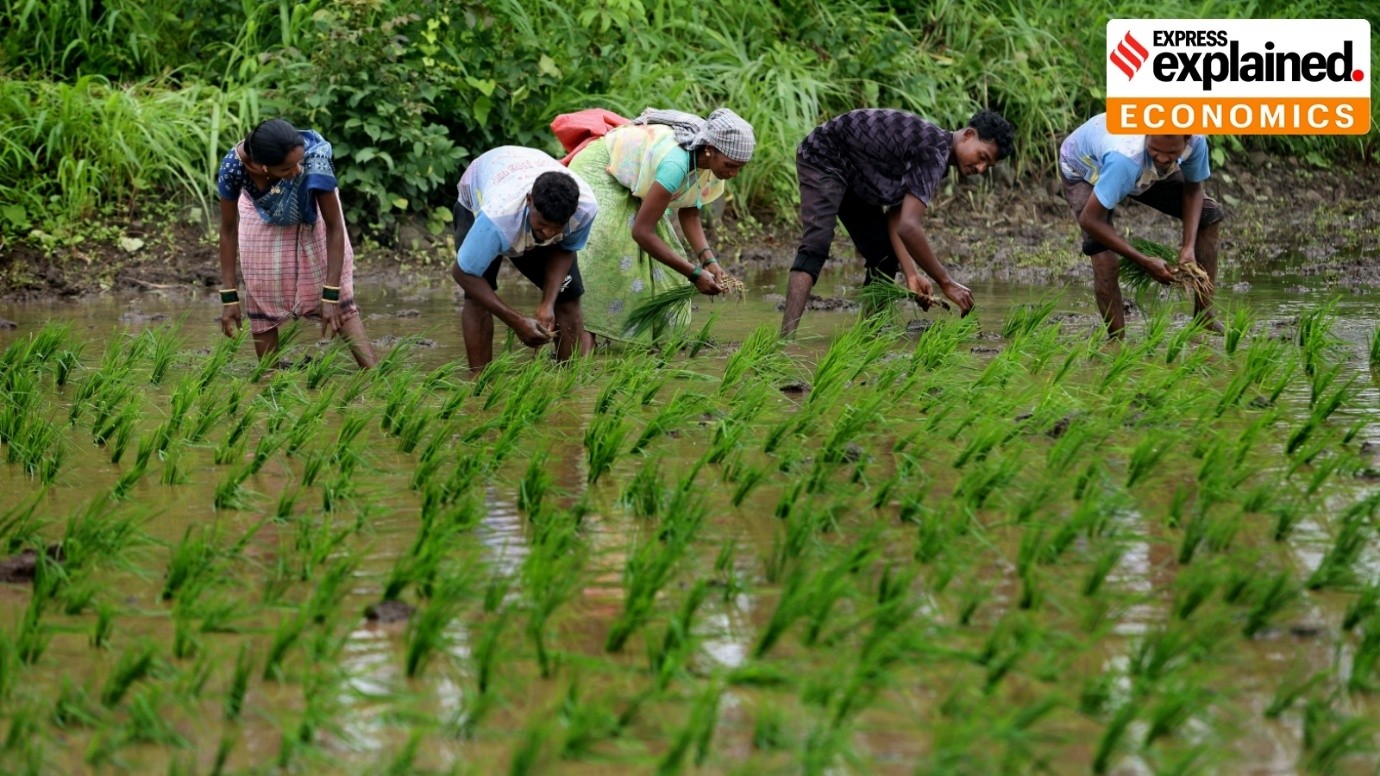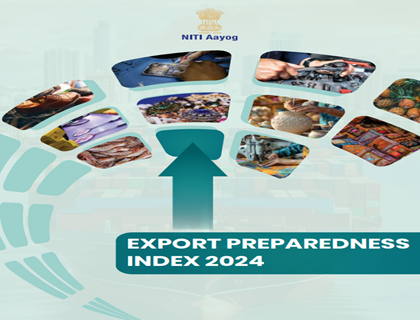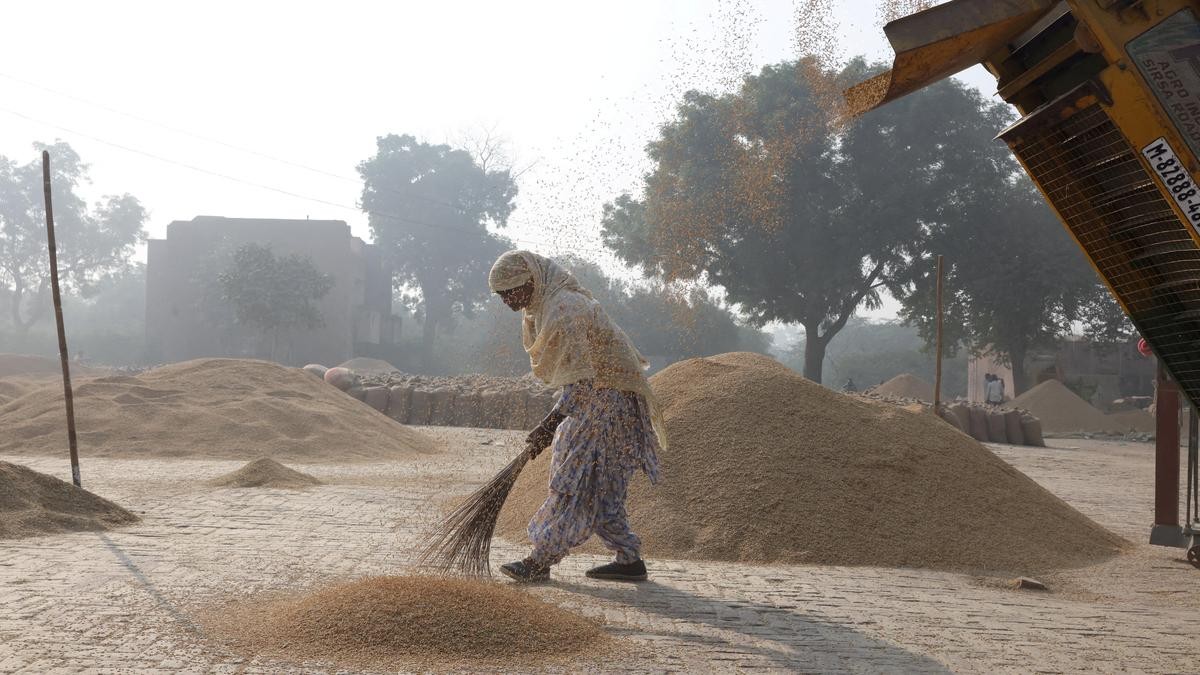Description
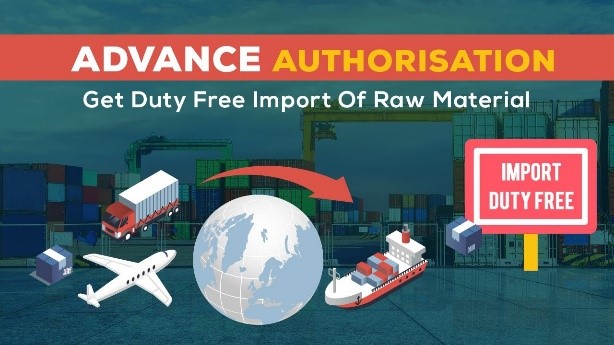
Disclaimer: Copyright infringement not intended.
Context:
- The directorate general of foreign trade (DGFT) said it has simplified the process of Levying Composition Fee in case of extension of Export Obligation Period under Advance Authorisation Scheme.
- This move is aimed at improving Ease of Doing Business.
About:
- Advance Authorisation Scheme (AAS) or Advance License Scheme is a type of duty exemption scheme introduced by the Government of India under the Foreign Trade Policy 2015-2020.
- Under this scheme, exemption from the payment of import duties is given to raw materials/inputs required for the manufacture of export products i.e., one can import raw materials/inputs at zero customs duty for the production of export products.
- The purpose of this scheme is to make India’s products competitive in the global market. When duties paid on raw materials are saved, it automatically brings down the cost of the final export product.
.jpeg)
What can be imported duty-free under Advance Authorization Scheme?
- In the Advance Authorisation Scheme, the exporter can import raw materials duty-free. As per Chapter 9 of FTP para, 9.44 “Raw material” means input(s) required for the manufacturing of goods.
The following items can be imported without payment of duty under this scheme:
-
- Inputs that are physically incorporated in the product to be exported after making normal allowance for wastage.
- Fuel, oil, catalysts which are consumed or utilized to obtain the export product.
- Mandatory spares that are required to be exported along with the resultant export product – up to 10% of the CIF value (Cost, Insurance and Freight) of Authorization.
- Specified spices would be allowed to be imported duty-free only for activities like crushing, grinding, sterilization, manufacture of oil or oleoresin and not for simpler activities like cleaning, grading, re-packing, etc.
Duties Exempted under the Advance Authorisation Scheme:
- Imports under Advance License are exempted from the payment of Basic Customs Duty (BCD), Additional Customs Duty, Education Cess, Anti-dumping Duty, Countervailing Duty, Safeguard Duty, Transition Product Specific Safeguard Duty, wherever applicable.
- Under the Advance Authorisation, imports for physical exports are also exempted from the whole of the integrated tax and Compensation Cess and such imports shall be subject to pre-import condition.

Eligibility Criteria for Advance Authorisation Scheme DGFT:
Since Advance Authorisation Scheme comes with an actual user condition, it can be issued to either manufacturer exporter or merchant exporter tied with a supporting manufacturer.
Advance Authorisation is issued for:-
-
- Physical Export (including Export to SEZ).
-
- Intermediate Supply, i.e. supply to someone who is holding an Advance License.
-
- Supply of goods- Deemed exports.
- Supply of ‘stores’ on board of foreign-going vessels/ aircraft.
The validity of Advance Authorization:
- Advance Authorization is valid for 12 months from the date of issue of such Authorization. In the case of deemed exports, the Authorization is linked to the contracted duration of project execution or 12 months from the date of issue of such Authorization, whichever is more.
- However, the export obligation may be fulfilled within 18 months from the date of issue of Authorization or as notified by the DGFT. Unless specified, the export proceeds should be realized in freely convertible currency.
|
Directorate General of Foreign Trade (DGFT)
The Directorate General of Foreign Trade (DGFT) is the agency of the Ministry of Commerce and Industry of the Government of India responsible for administering laws regarding foreign trade.
DGFT provides a complete searchable database of all exporters and importers of India.
The Central Government appoints any person to be the Directorate General of Foreign Trade. Normally a member of the Indian Administrative Service having rendered 30 or more years is appointed to the post of the Director-General of Foreign Trade. The Director-General is an Ex-Officio Additional Secretary to the Government of India. The Director-General advises the central Government in the formulation of Foreign Trade Policy and is responsible for carrying out that Policy.
|

https://m.economictimes.com/news/economy/foreign-trade/dgft-simplifies-composition-fee-for-export-obligation-extension-under-advance-authorisation-scheme/amp_articleshow/97094374.cms








